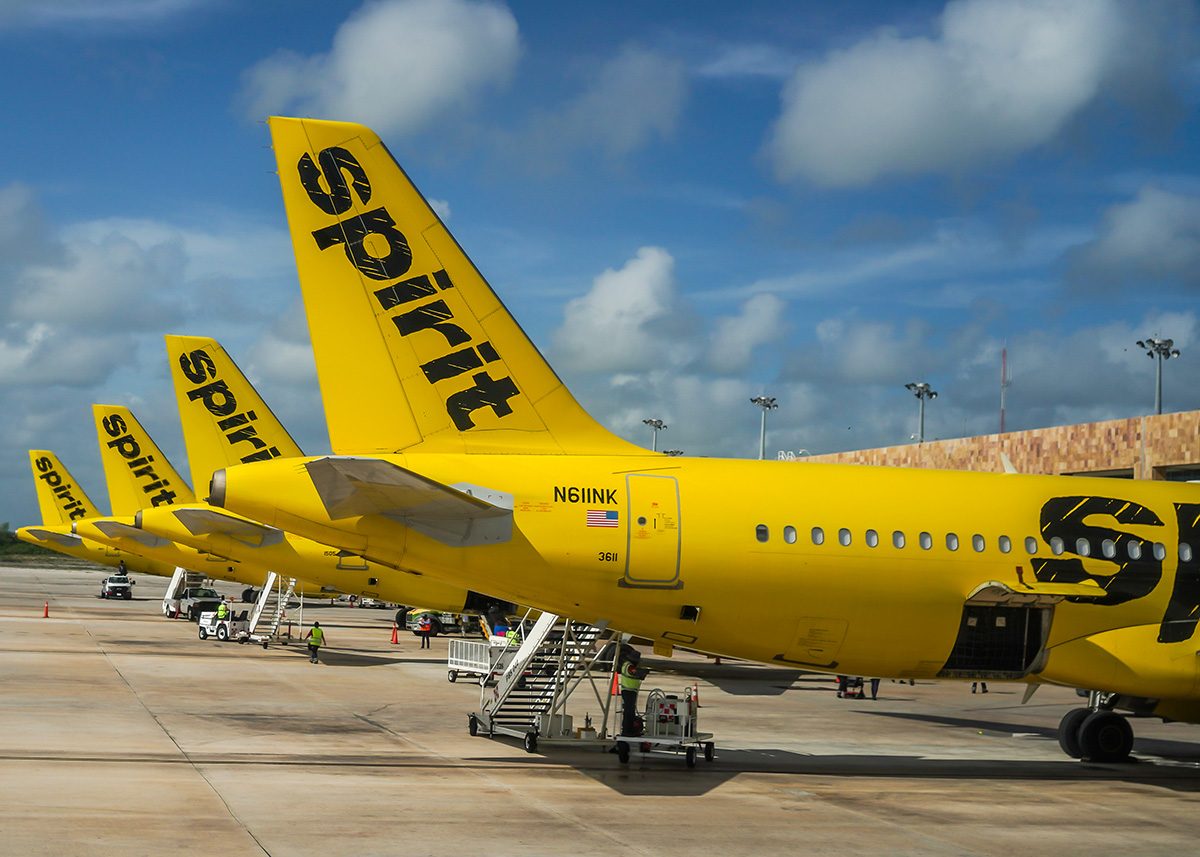“The Unvarnished Traveler” by Brian Raymond
“The Unvarnished Traveler” by Brian Raymond

Budget airlines promise rock-bottom fares that seem too good to pass up, but is flying on a low-cost carrier truly a great deal? While saving money on airfare is always appealing, hidden fees and unexpected issues often turn what seems like a bargain into an expensive and frustrating experience. Before booking that $50 flight, here’s what you need to consider.
The Real Cost of Budget Airlines
At first glance, budget airline fares appear significantly cheaper than full-service carriers. However, once you factor in extra fees, you may end up paying the same—or even more—than you would with a traditional airline. Here are some of the most common hidden costs:
1. Baggage Fees
Many budget airlines charge hefty fees for checked luggage, and even carry-ons. For example:
- Spirit Airlines charges up to $99 for a carry-on bag if you wait until you’re at the gate to pay.
- Ryanair and Wizz Air only allow a small personal item for free; anything larger requires an upgrade.
- Frontier Airlines can charge up to $60 for a carry-on bag if not booked in advance.
If you’re traveling with anything more than a backpack, be sure to check the airline’s baggage policies before booking.
2. Seat Selection Fees
Most budget airlines charge extra if you want to select your seat in advance. This can be particularly frustrating for families or groups who want to sit together. If you don’t pay, you’re at the mercy of the airline’s seat assignment system—often resulting in middle seats and separate group members.
Example: On EasyJet, seat selection fees range from $5 to $50 per seat, depending on location.
3. Airport and Boarding Fees
Some budget airlines fly out of secondary airports located far from the city center. While these flights may be cheaper, they come with added costs such as:
- Longer transportation times and expensive transfers (e.g., Ryanair flies to Paris Beauvais, which is 55 miles from central Paris, requiring a $20 shuttle ride).
- Strict boarding rules—Arrive at the gate late, and you could be denied boarding with no refund.
4. Printed Boarding Pass Fees
Believe it or not, some budget airlines charge if you forget to print your boarding pass. For instance:
- Ryanair has been known to charge up to $60 to print a boarding pass at the airport.
- Other airlines require mobile check-in; failure to do so can result in additional charges.
5. Food and Drink Fees
Unlike traditional airlines that often offer complimentary snacks or meals, budget carriers charge for everything, including water. This might not seem like a big deal for a short flight, but for longer journeys, these costs add up quickly.
Example: On Spirit Airlines, a bottle of water costs $4.
6. Flight Change and Cancellation Fees
Budget airlines are notorious for rigid policies when it comes to cancellations or changes. If you need to modify your flight, expect to pay high fees—sometimes more than the cost of the ticket itself.
- Frontier Airlines charges up to $99 for flight changes, depending on how close to departure you make the change.
- Allegiant Air doesn’t allow cancellations unless you purchase trip flex, an added fee at booking.
7. Priority Boarding and Extra Legroom Fees
Many budget airlines cram as many seats as possible into their aircraft, leaving little legroom. Want more space? That’ll cost you.
- Norwegian Air charges $50+ for extra legroom seats.
- Spirit Airlines’ “Big Front Seat” costs anywhere from $12 to $150 depending on the route.
- Southwest Airlines (technically a low-cost carrier) offers EarlyBird Check-In for $15-$25 per segment.
What Can Go Wrong with Budget Airlines?
Beyond the fees, budget airlines are infamous for service issues that can turn your cheap flight into a nightmare. Here are some of the biggest risks:
1. Frequent Delays and Cancellations
Budget airlines operate with tight schedules and minimal backup planes, meaning a mechanical issue or crew delay can result in hours of waiting—or even a canceled flight with few rebooking options.
Example: In 2023, Southwest Airlines canceled thousands of flights during winter storms, leaving passengers stranded due to limited rebooking availability.
2. Poor Customer Service
Since budget airlines keep costs low by reducing staff and customer support, getting help when something goes wrong can be a challenge. Many operate with automated chat services, making it difficult to speak with a real person.
Example: Ryanair’s refund process is notoriously slow and difficult, often taking months for travelers to receive reimbursement.
3. Strict Luggage Policies (That Can Get You Kicked Off the Flight)
Many travelers have been forced to pay exorbitant fees at the gate for slightly oversized luggage. Others have even been denied boarding for trying to sneak an extra bag past security.
Example: In 2022, multiple passengers reported being denied boarding on Wizz Air for failing to comply with strict carry-on restrictions.
4. No Refunds for Missed Flights
If you miss your flight, budget airlines typically offer zero flexibility. Unlike major airlines, which may rebook you on the next available flight for free or a small fee, budget carriers usually make you purchase a new ticket.
Are Budget Airlines Ever Worth It?
Despite the drawbacks, budget airlines can still be a good option for certain travelers:
- If you’re traveling light (with just a small personal item).
- If you’re flexible and don’t mind potential delays.
- If you’re flying short distances where add-ons don’t matter as much.
- If you’re booking well in advance and can take advantage of lower fares before fees stack up.
The Final Verdict
While budget airlines appear cheaper on the surface, the hidden fees and potential inconveniences can quickly add up. If you value reliability, flexibility, and comfort, a traditional airline may offer better value overall. Before booking, always read the fine print, calculate the total cost including baggage and add-ons, and weigh whether the savings are worth the potential headaches.
Sometimes, paying a little more upfront can save you a lot of stress later.
So how to choose the right vacation for you?
Vacations are an investment! With literally thousands of options, choosing the right vacation and the best value is difficult to sort through. That’s where I bring my 12 years of travel experience and expertise to do this right, and get you the best value for your money. With the backing of the largest travel consortium behind me, we have options you can’t find online. Plus our work just gets started once we book your dream vacation. Chat with us to learn more.
The world awaits you and we look forward to assisting you in choosing the exact right adventure on the waters or land for you and your companions!









